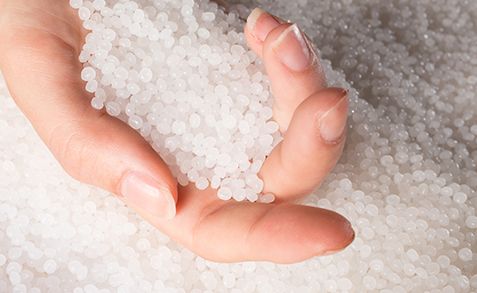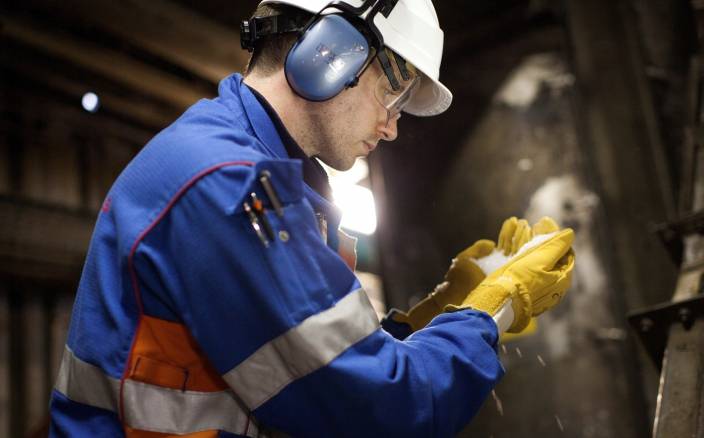The president of refining and chemicals at Total, Bernard Pinatel, said this about the partnership:
“I’m very pleased with this joint venture, which aims to become a major player in the growing bioplastics market. Corbion’s unique position in the lactic acid and biopolymers value chain makes it a natural choice for Total. The joint venture will allow us to supply an innovative material that is 100% renewable and biodegradable and that responds to sustainability concerns.”

It is quite clear that Total are keen to pursue renewable resources in their business and this venture is evidence of this. Corbion already produce PLA at their factory in Thailand and this venture will lead to an expansion of this process. CEO of Corbion, Tjerk de Ruiter, spoke of his excitement about the expansion:
The joint venture, which will combine Total’s technical and marketing knowledge and leading position in polymers with Corbion’s expertise in lactic acid and biopolymers, will enable us to supply innovative products and will accelerate market acceptance.
In addition to highlighting the importance of Total’s commitment to sustainability, the venture alos highlights the increase in demand and acceptance of PLA. Tjerk de Ruiter pitches the thermoplastic as “one of the first renewable, biodegradable polymers able to compete with existing polymers.” The material can be used to produce food packaging, disposable tableware and textiles and a variety of other things including being one of the materials used for 3D printing. PLA can be used to 3D print a variety of things such as a pair of glasses for footballer Ian Wright. Check out what else PLA is used to 3D print for with the 3DPI design roundup.
Featured image displays Corbion’s PLA resin. Image via Corbion.




